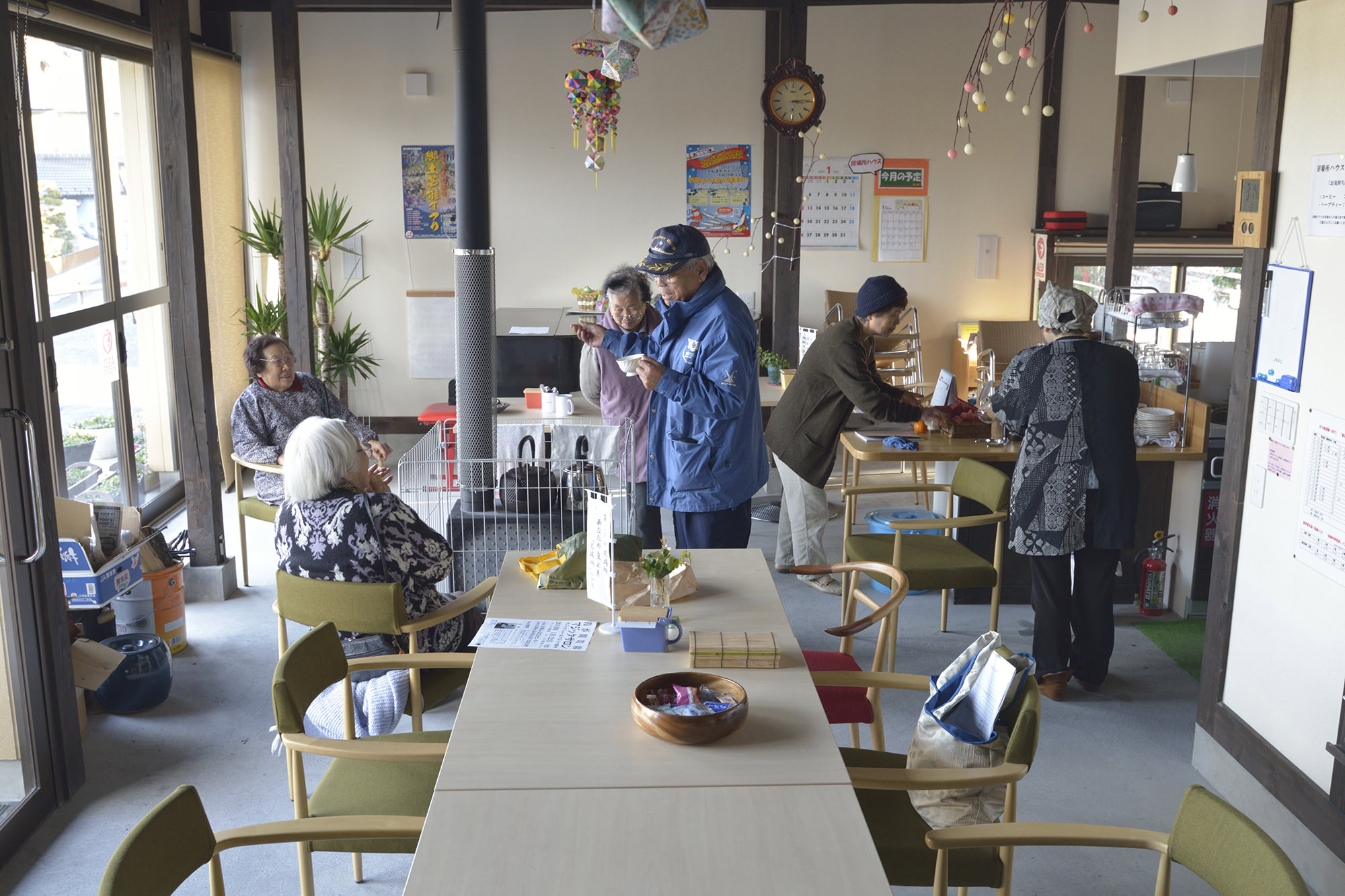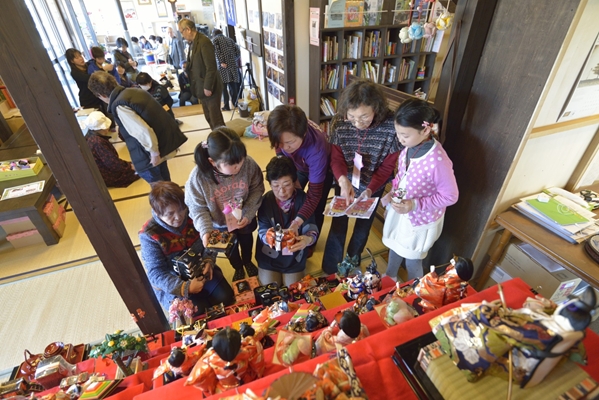“What is Ibasho? ”
Our conversation always start with this question, when I give my business card to someone. Ibasho is a Japanese term that cannot be translated into one word. It means “whereabouts,” but it also has a psychological meaning of “a place where you feel at home being yourself.” I always questioned the concept of “creating a home” in long-term care settings, because home means different for everyone. How can you build a group home that will feel like home to everyone who comes to live there? Also, the concept of home can be quite confusing to some people, including me.
For instance, I was borne and raised in Japan then moved to the U.S., which means that I have two countries to call home. While I live with my husband in the U.S., I still call Japan home. Also, my parents’ home is still “my home,” though I haven’t lived there for 22 years. I have always had a comfortable house in my life, but my parents’ house is the only place I call home — yet I do not even live there. What does home mean to me? I do not really know.
The concept of ibasho, however, is much easier for me to explain. My apartment in Maryland is my ibasho as long as I have my husband with me. I can find my ibasho being surrounded by my dear friends in DC. My ibasho in my house is a chair in our living room and our kitchen. Also, my little blog space where I can write my thoughts is my ibasho, as long as people will not dispute my thoughts. I can even find my ibasho in nursing homes where I work, as long as I am surrounded by people who know me and care about me. And the funny thing is, I sometimes cannot find my ibasho in Japan any more, since I can only defend myself for not being a good Japanese woman for about two days…very uncomfortable.
Ibasho is a place we can create to feel safe and comfortable, being ourselves in any moment. What’s important is that one should be able to feel being fully accepted as who she/he is.
Our hope is that every elder will be able to find their ibasho(s) where they can feel being valued by people around them, no matter what physical or cognitive conditions they may be.
Where is your ibasho(s)?






